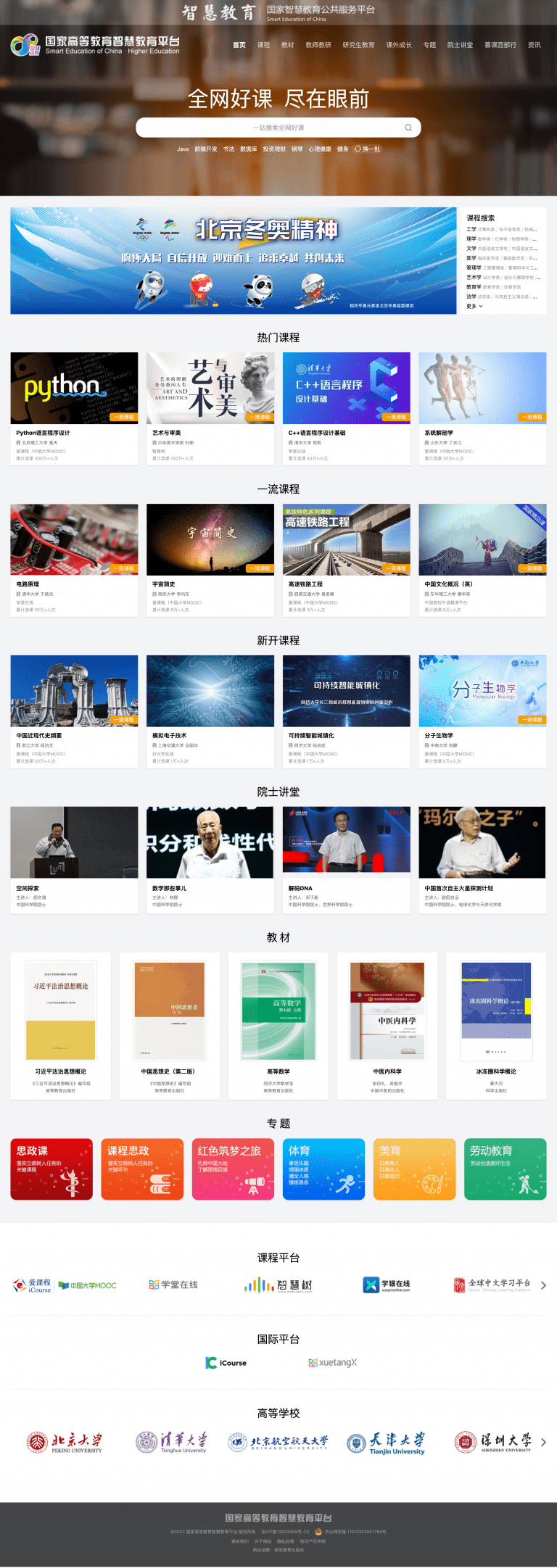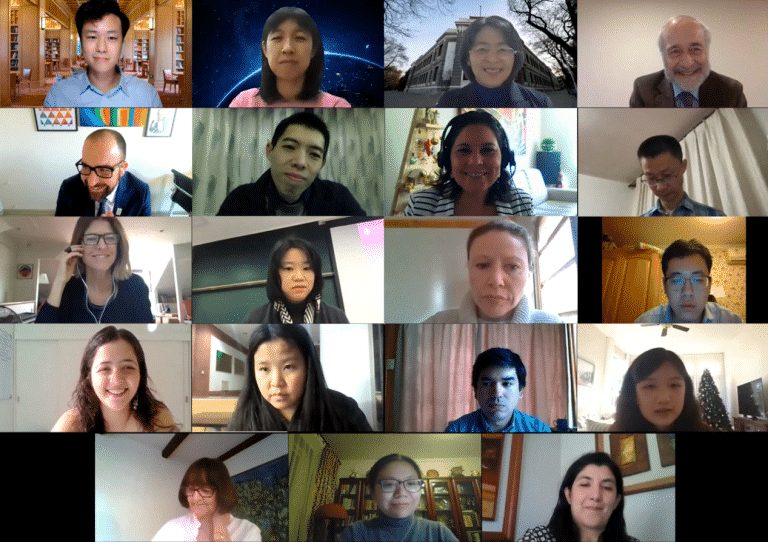Taught by Dr. Drew Weissman, whose work in mRNA vaccine development helped pave the way for the first two vaccines against COVID-19 approved for use in the U.S.

edX and the Perelman School of Medicine at the University of Pennsylvania (Penn) today launched a new free course, The COVID-19 Pandemic and the Use of mRNA Vaccines, aimed at increasing the understanding of the science behind mRNA vaccines and exploring their massive potential to radically change the way we fight disease in the future. As the world passes the milestone of 1 billion vaccine doses administered, there is still much to learn about the future of mRNA vaccines. The course is taught by Drew Weissman, MD, PhD, a professor of Infectious Diseases at Penn Medicine, whose groundbreaking research forms a foundational part of the two mRNA vaccines from Pfizer and Moderna approved for emergency use by the FDA in December 2020. Weissman and researchers across Penn are investigating mRNA vaccines and treatments for HIV, influenza, cancer, and more.
The short, 6 hour course is available for free and designed for non-medical professionals looking to understand more about mRNA vaccines – how they work and why they are so important when it comes to fighting all types of disease, not just COVID-19. In addition, the course explores the science behind infectious diseases that cause global pandemics, including the coronavirus. This is an opportunity to dive into what it means to be vaccinated against a disease and how that impacts the way diseases spread. Engage in the relevant conversations about what we know and what lies ahead – from the leading global experts in the field at Penn Medicine.
Topics covered in the course includes:
- How mRNA vaccines work and why they’re effective against many types of disease
- How community spread occurs and how a virus turns into a global pandemic
- The science of vaccines (and how vaccination can stop the spread of viruses)
- What to expect from mRNA vaccines and treatments in the future

Anant Agarwal, edX Founder and CEO, said: “When we approached the Penn Medicine team about a collaboration on this course, our priority was to help our global community of learners better understand current events through credible, engaging, and accessible content. People are rightfully curious about mRNA vaccines, and the role they will play in our future. This is our opportunity – and, we believe, our responsibility – to give millions of learners access to experts and education that can help them be informed global citizens. Driven by Penn Medicine’s talented and knowledgeable faculty and powered by edX’s platform, this course delivers on our belief that when education is agile and accessible, the knowledge we share can transform our lives and our communities.”
“Education is a critical component of science,” said Weissman. “My colleagues and I are thrilled at the impact mRNA vaccines are having on the world right now, and I’m excited to share my professional passion with people who take the course.”
Learn more about and enroll in The COVID-19 Pandemic and the Use of mRNA Vaccines on edX.
About Dr. Weissman

Drew Weissman, MD, PhD, a professor of Infectious Diseases in Penn’s Perelman School of Medicine, and Katalin Karikó, PhD, an adjunct associate professor at Penn and a senior vice president at BioNTech, together discovered that exchanging one of the four building blocks of messenger ribonucleic acid (mRNA) molecules could greatly increase its therapeutic potential. This discovery helped pave the way for the COVID-19 vaccines from Pfizer/BioNTech and Moderna, and for countless other new vaccines and treatments to come.
A key element of Weissman and Karikó’s mRNA discovery is it increases mRNA stability while at the same time decreasing inflammation, further paving the way for these modified mRNAs to be used in a wide array of potential vaccines and treatments. Weissman and Karikó’s breakthrough research made key changes to the molecular structure and manufacturing of mRNA that allow the resulting modified mRNA to avoid immediate immune detection, remain active longer, and enter into target cells to efficiently instruct them to create antigens or other proteins that fight or treat disease.
A key element of Weissman and Karikó’s mRNA discovery is it increases mRNA stability while at the same time decreasing inflammation, further paving the way for these modified mRNAs to be used in a wide array of potential vaccines and treatments. Weissman and Karikó’s breakthrough research made key changes to the molecular structure and manufacturing of mRNA that allow the resulting modified mRNA to avoid immediate immune detection, remain active longer, and enter into target cells to efficiently instruct them to create antigens or other proteins that fight or treat disease.
Beyond COVID-19, the mRNA technologies developed at Penn may lead to new strategies for utilizing mRNA, including development of vaccines targeting other infectious diseases as well as new therapeutics and products for protein replacement, immunotherapy and personalized cancer vaccines.





